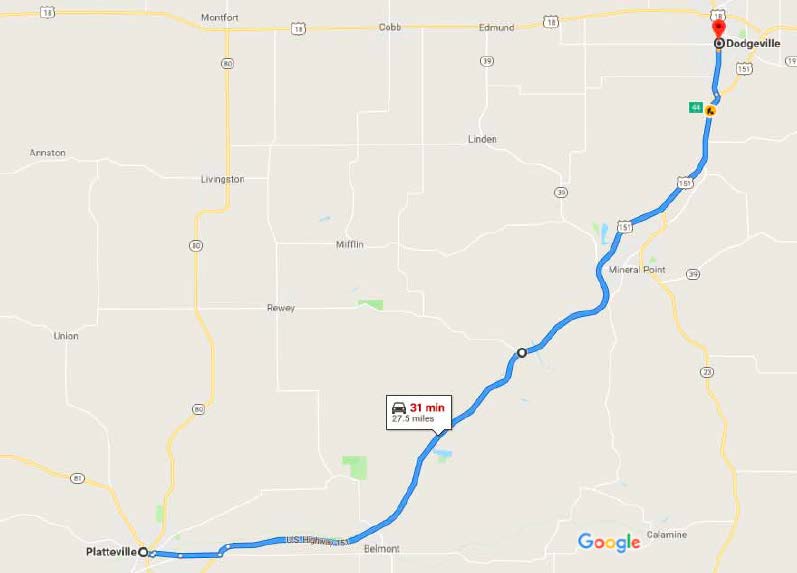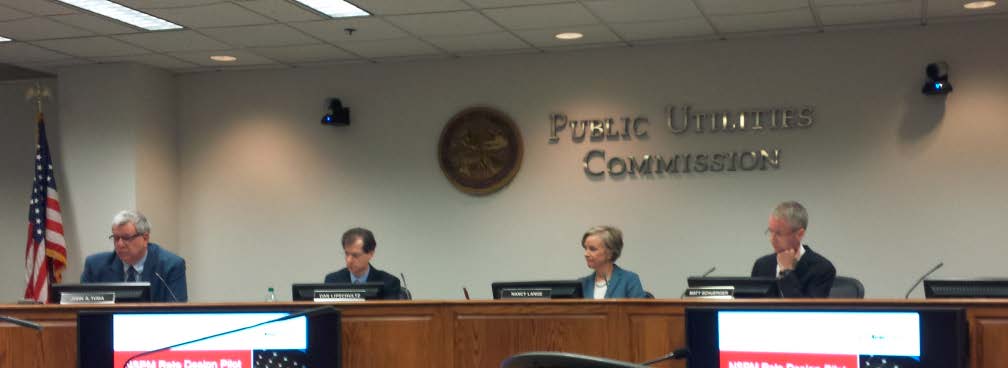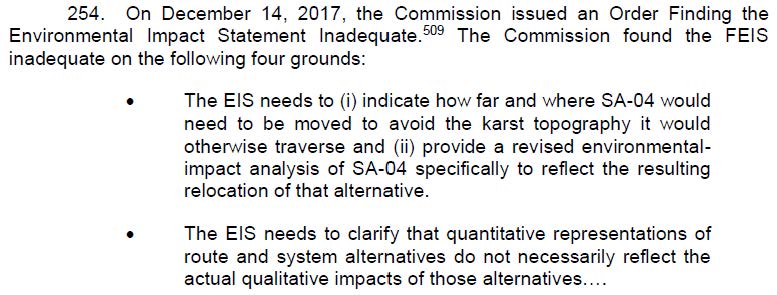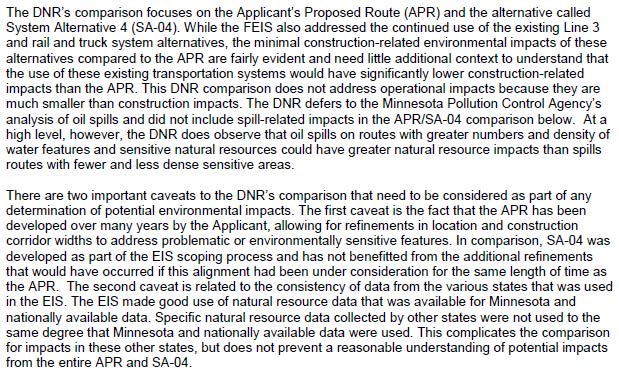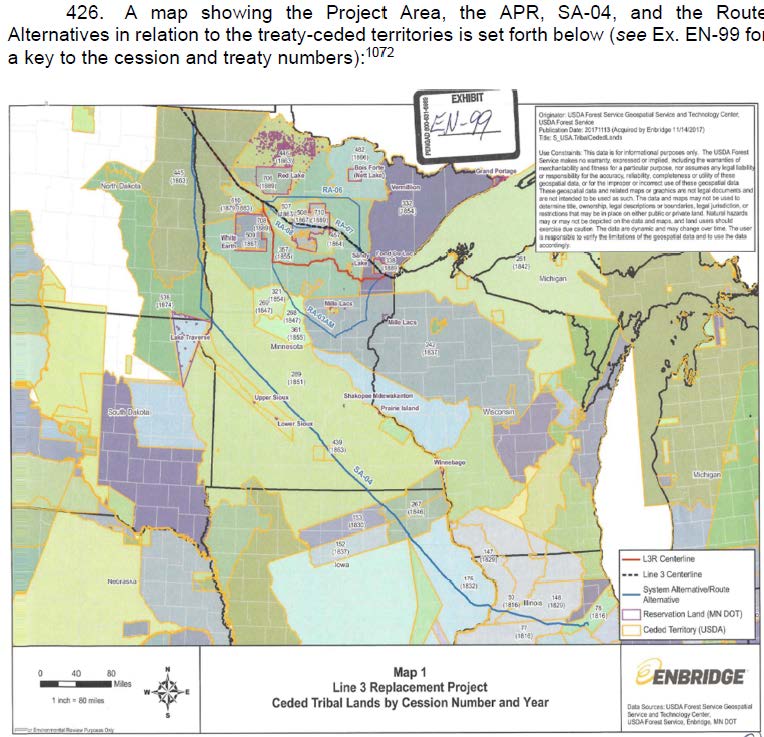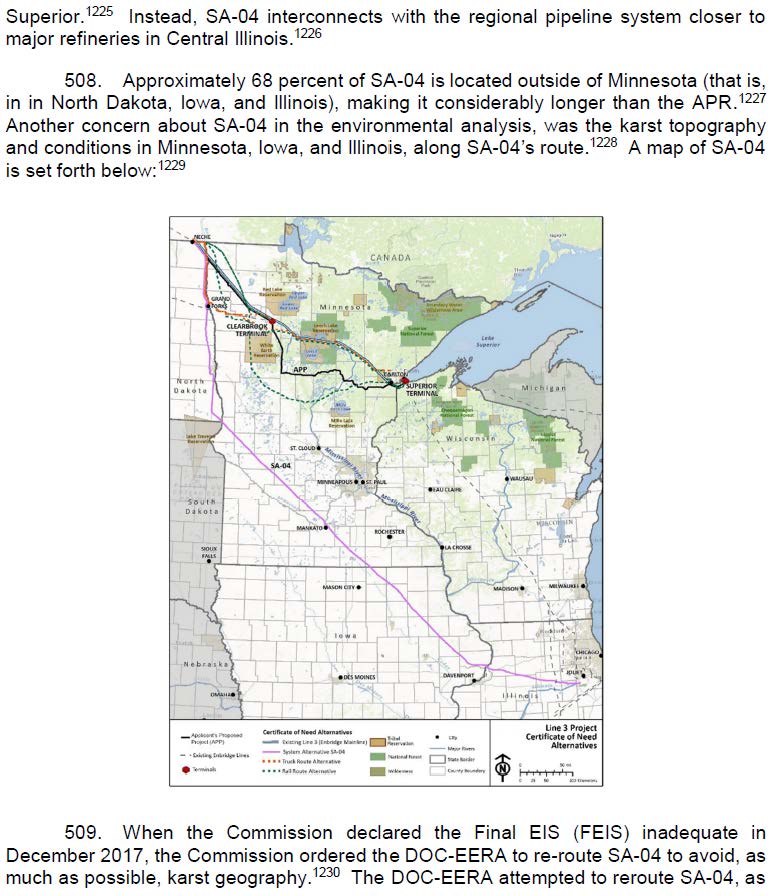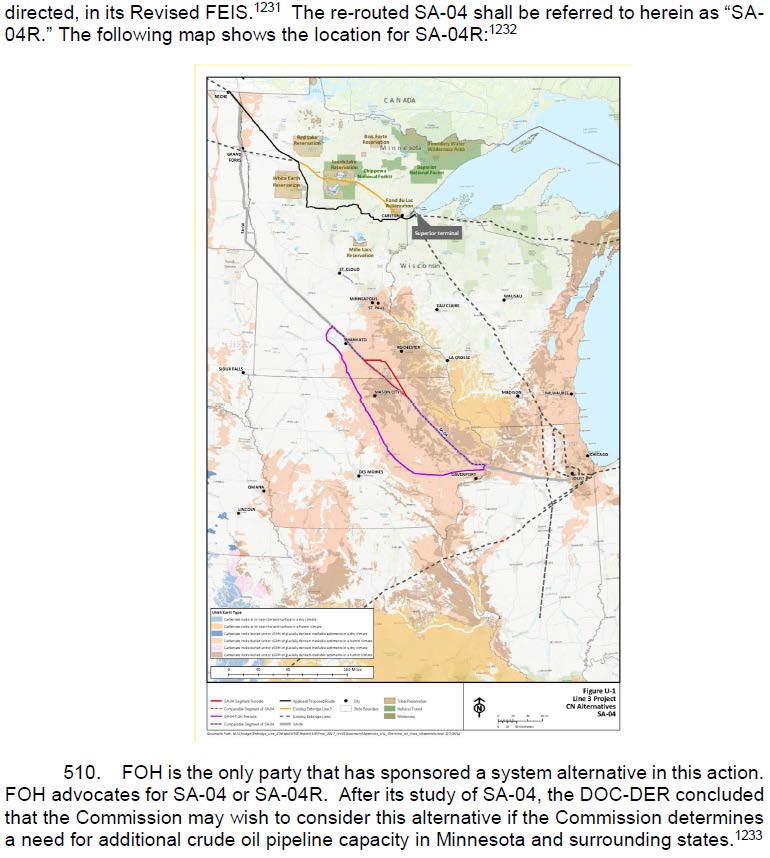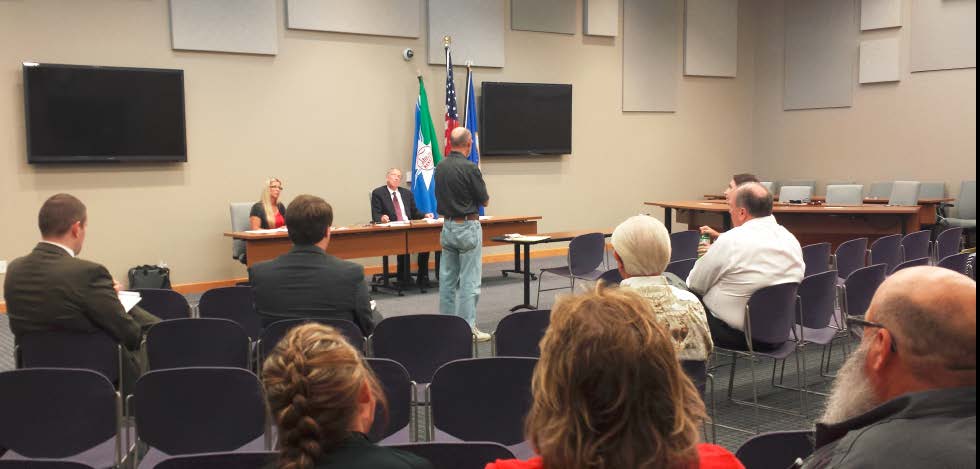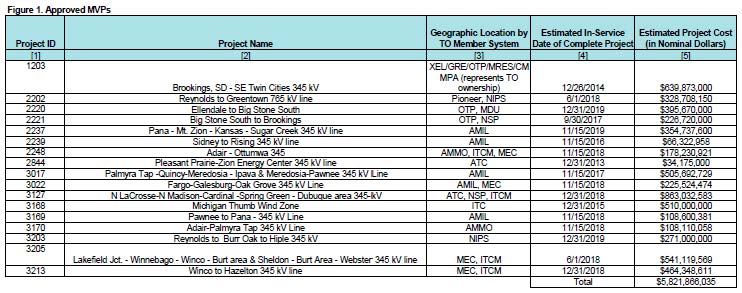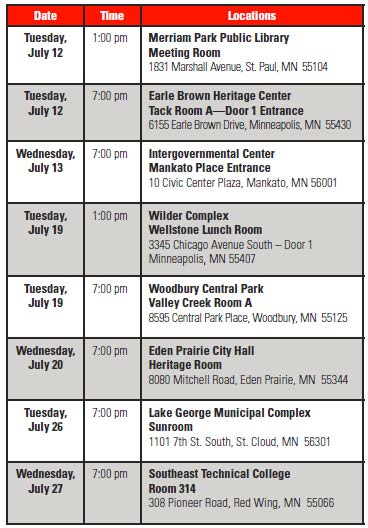Section 1. Policy. The Federal Government benefits from a professional cadre of administrative law judges (ALJs) appointed under section 3105 of title 5, United States Code, who are impartial and committed to the rule of law. As illustrated by the Supreme Court’s recent decision in Lucia v. Securities and Exchange Commission, No. 17-130 (June 21, 2018), ALJs are often called upon to discharge significant duties and exercise significant discretion in conducting proceedings under the laws of the United States. As part of their adjudications, ALJs interact with the public on issues of significance. Especially given the importance of the functions they discharge ‑‑ which may range from taking testimony and conducting trials to ruling on the admissibility of evidence and enforcing compliance with their orders ‑‑ ALJs must display appropriate temperament, legal acumen, impartiality, and sound judgment. They must also clearly communicate their decisions to the parties who appear before them, the agencies that oversee them, and the public that entrusts them with authority.
Previously, appointments to the position of ALJ have been made through competitive examination and competitive service selection procedures. The role of ALJs, however, has increased over time and ALJ decisions have, with increasing frequency, become the final word of the agencies they serve. Given this expanding responsibility for important agency adjudications, and as recognized by the Supreme Court in Lucia, at least some ‑‑ and perhaps all ‑‑ ALJs are “Officers of the United States” and thus subject to the Constitution’s Appointments Clause, which governs who may appoint such officials.
As evident from recent litigation, Lucia may also raise questions about the method of appointing ALJs, including whether competitive examination and competitive service selection procedures are compatible with the discretion an agency head must possess under the Appointments Clause in selecting ALJs. Regardless of whether those procedures would violate the Appointments Clause as applied to certain ALJs, there are sound policy reasons to take steps to eliminate doubt regarding the constitutionality of the method of appointing officials who discharge such significant duties and exercise such significant discretion.
Pursuant to my authority under section 3302(1) of title 5, United States Code, I find that conditions of good administration make necessary an exception to the competitive hiring rules and examinations for the position of ALJ. These conditions include the need to provide agency heads with additional flexibility to assess prospective appointees without the limitations imposed by competitive examination and competitive service selection procedures. Placing the position of ALJ in the excepted service will mitigate concerns about undue limitations on the selection of ALJs, reduce the likelihood of successful Appointments Clause challenges, and forestall litigation in which such concerns have been or might be raised. This action will also give agencies greater ability and discretion to assess critical qualities in ALJ candidates, such as work ethic, judgment, and ability to meet the particular needs of the agency. These are all qualities individuals should have before wielding the significant authority conferred on ALJs, and each agency should be able to assess them without proceeding through complicated and elaborate examination processes or rating procedures that do not necessarily reflect the agency’s particular needs. This change will also promote confidence in, and the durability of, agency adjudications.
Sec. 2. Excepted Service. Appointments of ALJs shall be made under Schedule E of the excepted service, as established by section 3 of this order.
Sec. 3. Implementation. (a) Civil Service Rule VI is amended as follows:
(i) 5 CFR 6.2 is amended to read:
OPM shall list positions that it excepts from the competitive service in Schedules A, B, C, and D, and it shall list the position of administrative law judge in Schedule E, which schedules shall constitute parts of this rule, as follows:
Schedule A. Positions other than those of a confidential or policy-determining character for which it is not practicable to examine shall be listed in Schedule A.
Schedule B. Positions other than those of a confidential or policy-determining character for which it is not practicable to hold a competitive examination shall be listed in Schedule B. Appointments to these positions shall be subject to such noncompetitive examination as may be prescribed by OPM.
Schedule C. Positions of a confidential or policy-determining character shall be listed in Schedule C.
Schedule D. Positions other than those of a confidential or policy-determining character for which the competitive service requirements make impracticable the adequate recruitment of sufficient numbers of students attending qualifying educational institutions or individuals who have recently completed qualifying educational programs. These positions, which are temporarily placed in the excepted service to enable more effective recruitment from all segments of society by using means of recruiting and assessing candidates that diverge from the rules generally applicable to the competitive service, shall be listed in Schedule D.
Schedule E. Position of administrative law judge appointed under 5 U.S.C. 3105. Conditions of good administration warrant that the position of administrative law judge be placed in the excepted service and that appointment to this position not be subject to the requirements of 5 CFR, part 302, including examination and rating requirements, though each agency shall follow the principle of veteran preference as far as administratively feasible.
(ii) 5 CFR 6.3(b) is amended to read:
(b) To the extent permitted by law and the provisions of this part, and subject to the suitability and fitness requirements of the applicable Civil Service Rules and Regulations, appointments and position changes in the excepted service shall be made in accordance with such regulations and practices as the head of the agency concerned finds necessary. These shall include, for the position of administrative law judge appointed under 5 U.S.C. 3105, the requirement that, at the time of application and any new appointment, the individual, other than an incumbent administrative law judge, must possess a professional license to practice law and be authorized to practice law under the laws of a State, the District of Columbia, the Commonwealth of Puerto Rico, or any territorial court established under the United States Constitution. For purposes of this requirement, judicial status is acceptable in lieu of “active” status in States that prohibit sitting judges from maintaining “active” status to practice law, and being in “good standing” is also acceptable in lieu of “active” status in States where the licensing authority considers “good standing” as having a current license to practice law. This requirement shall constitute a minimum standard for appointment to the position of administrative law judge, and such appointments may be subject to additional agency requirements where appropriate.
(iii) 5 CFR 6.4 is amended to read:
Except as required by statute, the Civil Service Rules and Regulations shall not apply to removals from positions listed in Schedules A, C, D, or E, or from positions excepted from the competitive service by statute. The Civil Service Rules and Regulations shall apply to removals from positions listed in Schedule B of persons who have competitive status.
(iv) 5 CFR 6.8 is amended to add after subsection (c):(d) Effective on July 10, 2018, the position of administrative law judge appointed under 5 U.S.C. 3105 shall be listed in Schedule E for all levels of basic pay under 5 U.S.C. 5372(b). Incumbents of this position who are, on July 10, 2018, in the competitive service shall remain in the competitive service as long as they remain in their current positions.
(b) The Director of the Office of Personnel Management (Director) shall:
(i) adopt such regulations as the Director determines may be necessary to implement this order, including, as appropriate, amendments to or rescissions of regulations that are inconsistent with, or that would impede the implementation of, this order, giving particular attention to 5 CFR, part 212, subpart D; 5 CFR, part 213, subparts A and C; 5 CFR 302.101; and 5 CFR, part 930, subpart B; and
(ii) provide guidance on conducting a swift, orderly transition from the existing appointment process for ALJs to the Schedule E process established by this order.
Sec. 4. General Provisions. (a) Nothing in this order shall be construed to impair or otherwise affect:
(i) the authority granted by law to an executive department or agency, or the head thereof; or
(ii) the functions of the Director of the Office of Management and Budget relating to budgetary, administrative, or legislative proposals.
(b) This order shall be implemented in a manner consistent with applicable law and subject to the availability of appropriations.
(c) This order is not intended to, and does not, create any right or benefit, substantive or procedural, enforceable at law or in equity by any party against the United States, its departments, agencies, or entities, its officers, employees, or agents, or any other person.
DONALD J. TRUMP
THE WHITE HOUSE,
July 10, 2018.
